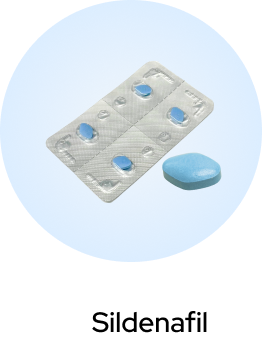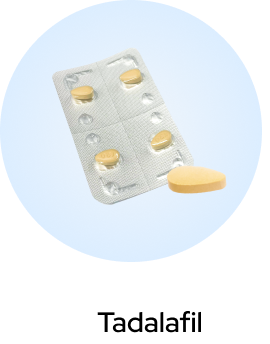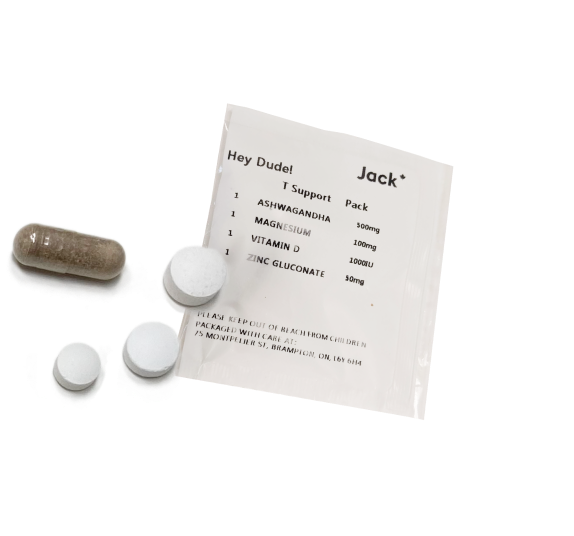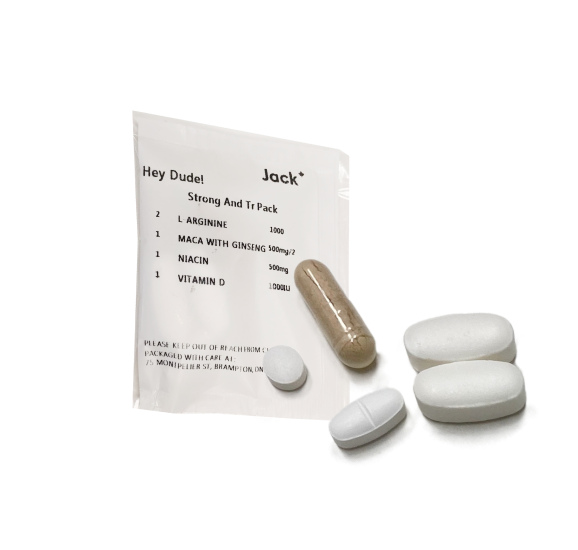It is likely you have heard of the concept of metabolic rate before. You might have even thought at some point that you have a slow or fast metabolism. And you wouldn’t be wrong in thinking that your metabolic rate can have a hand in how easily you put on or take off the pounds. But it isn’t the whole picture.
Your metabolism is responsible for maintaining your body’s processes. One major process is the way food is digested and used within your body. Think of your body as like a car.

The engine would be your metabolism that burns gas in the form of calories. It needs fuel (food) to work, and as it goes through its daily endeavours, it burns gas (calories) from that food.You may have heard that a higher metabolic rate means you lose weight faster. This can be true if you metabolise more than what you consume (i.e. you fill your gas tank more slowly than you empty it).
To put it simply: weight changes are determined by the number of calories you intake from food and what is burned to keep your body running. Calories in versus calories out.
So, if you are eating fewer calories than you burn, you will lose weight.
If you eat more calories than you burn, you will gain weight.

Your metabolic rate determines how fast these calories are burned, meaning that a fast or slow metabolic rate can make a difference to your rate of weight loss. Playing along with the car metaphor, not all cars are made the same: we have fuel efficient vehicles or gas guzzlers. Two people with similar characteristics may have a 500 calorie burn difference or more between their metabolic rates.
Generally, the bigger you are, the more calories are required to sustain your body and the smaller you are, the fewer calories you need to sustain your body weight. However, two people with the same weight can have very different calorie needs. There are many genetic and non-genetic factors that influence our metabolic rate: age, sex, lifestyle, environment, metabolism, hunger hormones, height, weight, and muscle mass.
Now if you have ever struggled with managing your weight and know a lot about cars, you would understand that your body isn’t really exactly like a car and our metabolism isn’t really as simple as a car engine!
One way that our metabolism can be different from a car is in its ‘desire’ to achieve homeostasis or balance (how the body regulates temperature, blood glucose levels, and pH balance). In an attempt to achieve homeostasis and try to maintain your body’s current weight, your metabolic rate and hormones can adapt to try to maintain your body weight. Helpful thousands of years ago when we hunted for dinner, not so helpful when we’re dieting in 2022. It is very normal to have a decrease in metabolic rate when trying to lose weight but it is possible to lessen the severity and the impact. This is often why weight loss often requires planned lifestyle changes and even medical intervention like prescription medication.
Although resting metabolic rate can affect how many calories you can burn, you can also increase your metabolic rate through exercise and through additional daily activity. Aerobic exercise like walking, running, or dancing, can increase your total calories burned in a certain time. It also has the benefit of improving cardiovascular (heart) health. Strength training (lifting weights) can also improve your metabolic rate by building muscle.

Muscle is more dense than fat, and requires more energy to maintain. Increasing your overall muscle mass even if your weight does not change will increase your metabolic rate, as you will need more calories to maintain muscle. Increasing your daily activities such as walking and stair climbing can also help to increase the calories you burn in a day. In fact, non-exercise activity has been shown to decrease with calorie restriction as an attempt to maintain homeostasis (Hunter et al., 2015). If you eat less, you generally will be more inclined to move less without intentional changes to increase your activity level. However, increasing your non-exercise activity has been shown to be a great way to promote weight loss in those who are usually sedentary (Loeffelholz & Birkenfeld, 2018). Examples would be completing yard work, cleaning the house or grocery shopping.
Weight loss can also be achieved by dietary changes. The goal of dietary changes is to create a caloric deficit. This means, you are consuming fewer calories than your body burns as energy. With a caloric deficit, your body uses the calories that you intake with food and then burns any extra calories it needs by using body fat and carbohydrate stores. There are many ways individuals can try to attain a calorie deficit through diet. For example:
- reduce excess calories that are found in hidden fats and sugars
- portion reduction
- opting for more filling foods (like fruits and veggies)
However, our metabolic rate often responds to reductions in our food intake with a reduction in how much energy we can burn in a day. We can attempt to blunt this effect by eating high protein foods, which have been shown to produce small increases in your metabolic rate. Unfortunately, that alone does not have a large enough effect to prevent the metabolic rate slowdown caused by calorie restriction. This is why it is important to take a multipronged approach to weight loss. Not only is it encouraged to eat a healthy diet, but exercise, sleep, hydration, and mental health are also important to achieve sustainable weight loss results.
It can be frustrating to try to beat your biology with nutrition and exercise alone, when your body is constantly adapting and thwarting your efforts to lose weight. We have not even touched upon the hormonal adaptations that your body can have in response to weight loss that lead to increases in hunger with every effort you put forward to reduce your food intake.
Moral of the story, we are not truly built like cars–your metabolism is adaptive, highly complex, and very stubborn; weight loss is not about will power alone. With your health in mind, and when dietary changes and exercise alone are just not cutting it, it might be time to consider additional options to aid your efforts. Medication like Saxenda and Contrave can help you better control some of the biological factors involved with weight loss.

- Metabolism is how the body burns food for energy to go about our day
- Metabolic rate is how fast or slow the body burns food for energy
- Our metabolism is influenced by genetic and non-genetic factors
- Weight loss can be achieved by modifying the body’s energy balance through activity diet and/or medication
- Weight loss can be difficult, as the body will want to maintain homeostasis.
References:
Hunter, G. R., Fisher, G., Neumeier, W. H., Carter, S. J., & Plaisance, E. P. (2015). Exercise Training and Energy Expenditure following Weight Loss. Medicine and science in sports and exercise, 47(9), 1950–1957. https://doi.org/10.1249/MSS.0000000000000622
Loeffelholz, C. von, & Birkenfeld, A. (2018). The Role of Non-exercise Activity Thermogenesis in Human Obesity. Endotext. Retrieved from https://www.ncbi.nlm.nih.gov/books/NBK279077/


















 (US)
(US)



